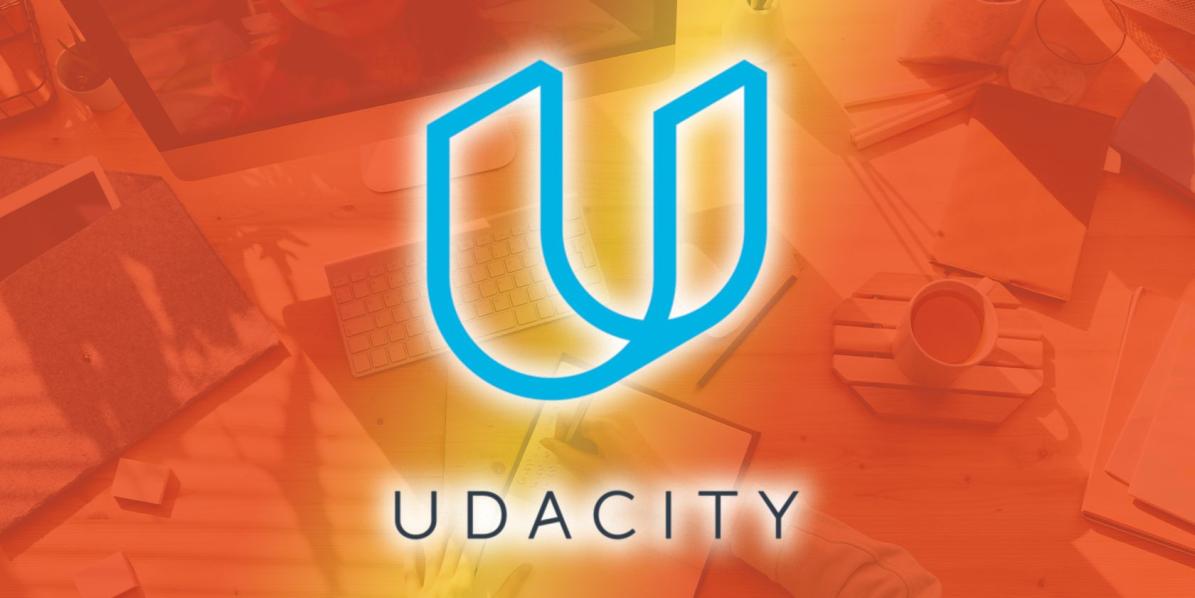How Much Time Will I Need to Commit to the United Arab Emirates AI Udacity Program?
The United Arab Emirates AI Udacity Program is a comprehensive initiative aimed at fostering AI expertise and innovation within the country. Understanding the time commitment required for this program is crucial for prospective participants to make informed decisions and plan their schedules effectively.

Factors Determining Time Commitment
The time commitment for the United Arab Emirates AI Udacity Program is influenced by several key factors:
Program Structure
- Duration of the Program: The overall length of the program, typically measured in weeks or months, determines the total time commitment.
- Pacing and Intensity of the Coursework: The program's pace and intensity, including the number of modules, lectures, and assignments, impact the weekly time investment.
- Flexibility of the Program: The program's flexibility, whether self-paced or cohort-based, affects the participant's ability to manage their time and progress at their own pace.
Individual Learning Style and Pace
- Prior Knowledge and Experience in AI: Participants with prior AI knowledge and experience may progress faster, reducing the overall time commitment.
- Learning Preferences and Habits: Individual learning preferences and habits, such as the ability to focus, absorb information, and complete assignments efficiently, influence the time required.
- Ability to Dedicate Focused Study Time: The ability to dedicate consistent and focused study time significantly impacts the pace of progress and the overall time commitment.
Project Requirements
- Scope and Complexity of the Projects: The scope and complexity of the projects assigned throughout the program determine the time needed for research, development, and testing.
- Time Needed for Research, Development, and Testing: The time required for research, development, and testing of AI models and algorithms varies depending on the project's complexity.
- Collaboration Requirements and Coordination with Teammates: Collaborative projects involving multiple team members may require additional time for coordination, communication, and conflict resolution.
Time Commitment Guidelines
Average Time Commitment
- Estimated Number of Hours per Week: On average, participants can expect to dedicate approximately 10-15 hours per week to complete the program's coursework, projects, and assignments.
- Total Number of Hours for the Entire Program: Based on the estimated weekly time commitment, the total number of hours required to complete the entire program can be calculated.
Variations in Time Commitment
- Factors that can Affect the Time Commitment: Individual factors such as learning pace, prior knowledge, and time management skills can influence the actual time commitment.
- Strategies for Optimizing Time Management: Effective time management strategies, such as creating a study schedule, breaking down tasks, and utilizing available resources, can help optimize the time commitment.
Tips for Managing Time Effectively
- Creating a Study Schedule and Sticking to It: Developing a structured study schedule and adhering to it can help participants stay on track and make progress consistently.
- Breaking Down Tasks into Smaller, Manageable Steps: Breaking down larger tasks into smaller, more manageable steps can make them less daunting and easier to complete.
- Utilizing Available Resources and Support: Participants should take advantage of available resources such as online forums, discussion boards, and mentorship programs to seek help and support when needed.
Balancing Commitments And Personal Life
Importance of Maintaining a Healthy Balance
- Potential Challenges of Balancing Work, Study, and Personal Life: Balancing work, study, and personal life can be challenging, and participants may face difficulties managing their time effectively.
- Strategies for Prioritizing and Managing Time Effectively: Effective time management strategies, such as setting realistic goals, delegating tasks, and practicing self-care, can help participants maintain a healthy balance.
Time Management Techniques
- Setting Realistic Goals and Expectations: Setting realistic goals and expectations can help participants avoid feeling overwhelmed and maintain a sense of progress.
- Delegating Tasks and Seeking Support When Needed: Delegating tasks and seeking support from family, friends, or colleagues can alleviate some of the workload and create more time for focused study.
- Practicing Self-Care and Maintaining a Healthy Lifestyle: Practicing self-care, such as getting enough sleep, eating healthy, and exercising regularly, can help participants stay energized and focused during their studies.
The time commitment required for the United Arab Emirates AI Udacity Program is influenced by various factors, including the program structure, individual learning style and pace, project requirements, and personal circumstances. Understanding these factors and implementing effective time management strategies can help participants optimize their learning experience and achieve their goals while maintaining a healthy balance in their lives.
YesNo

Leave a Reply